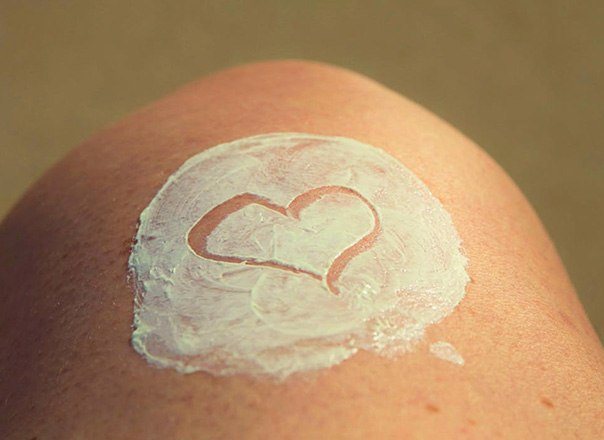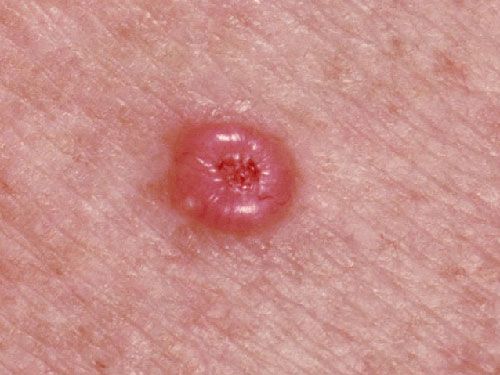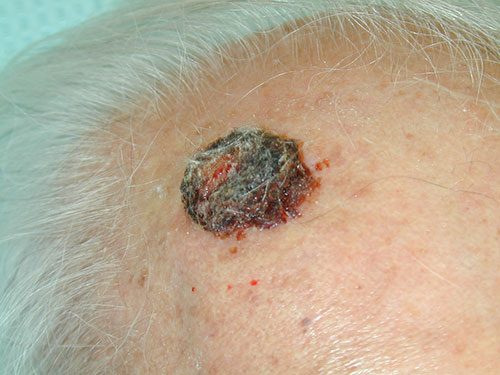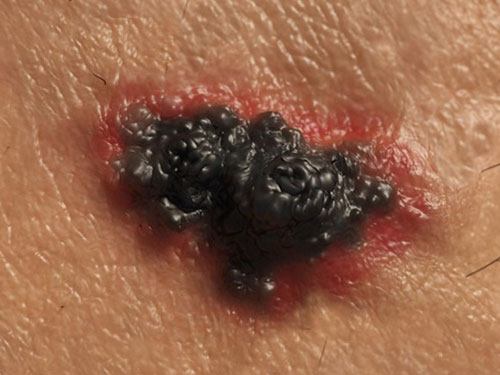Skin Cancer
WHAT IS SKIN CANCER?

More than 1.5 million Americans are diagnosed with skin cancer each year.
Three Types of Skin Cancer

BASAL CELL CARCINOMA

SQUAMOUS CELL CARCINOMA

MALIGNANT MELANOMA
Surgical Procedures
Basal and Squamous Cell Skin Cancers Surgery
This is similar to an excisional biopsy but in this case the diagnosis is already known. For this procedure, the skin is first numbed with a local anesthetic. The tumor is then cut out with a surgical knife, along with some surrounding normal skin. The remaining skin is carefully stitched back together, which will leave a scar.
Melanoma Skin Cancer Surgery
When melanoma is diagnosed by skin biopsy, more surgery will probably be needed to help make sure the cancer has been removed (excised) completely. This fairly minor operation will cure most thin melanomas.
Frequently Asked Questions
What are the warning signs of skin cancer?
Because skin cancers are caused by the uncontrolled growth of skin cells, the first presentation is usually a visible change in a person's skin. Consult a trained physician immediately if you observe any of these warning signs associated with common skin cancers:
- Basal cell carcinoma: Shiny nodule or pimple; a sore that won't heal; a scar-like area or rough red patches.
- Squamous cell carcinoma: Crusted red nodules (typically on sun-exposed skin but can also occur inside the mouth or the genitalia).
- Melanoma: A growing mole that changes shape, color or size; a mole that bleeds or is painful; a new "mole" that grows rapidly; a dark streak or black discoloration of the fingernail.
How can I know if I have skin cancer?
If you have a mole or other skin lesion that is causing you concern, show it to your health care provider. He or she will check your skin and may ask you to see another doctor to have the mole or bump removed. Whatever is removed will be sent to a laboratory to be viewed under a microscope. The results will be back at your clinic within two weeks.
Can skin cancer be prevented?
In many cases, skin cancer can be prevented. The best way to protect yourself is to avoid too much sun and sunburns. Health care providers believe that ultraviolet rays (UV rays) from the sun damage the skin and over time lead to skin cancer.

